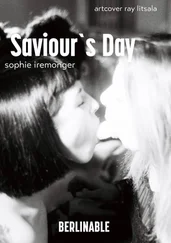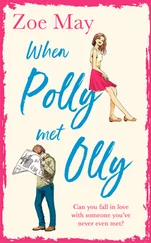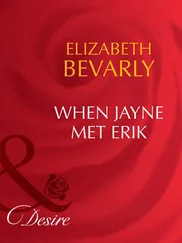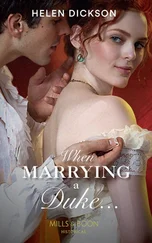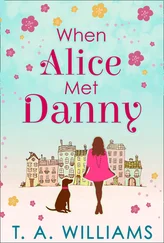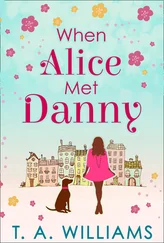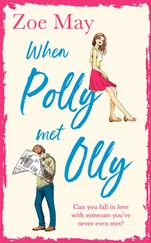On one visit he watched me nuzzling the horses as I walked through the stable and looked thoughtful.
‘Did I ever tell you that your grandfather used to train horses for the army during the First World War?’
I vaguely remembered hearing about this, and asked for more details.
‘He was awarded a medal for bravery. Once a cart carrying munitions was hit and your grandfather wriggled out to unharness the horses pulling it, despite the fact that he was under fire.’ Dad nodded. ‘I suppose your love of horses might have come from him. That might explain it.’
I liked that thought, but in fact I think it was all the horses I grew up around that gave me love and respect for these intelligent, sensitive creatures that all have unique personalities. I learned to ride when I was four, on a pony called Tam O’Shanter, but the horse I was most in love with as a child was called Shadow. She was an exracehorse, very feisty and wilful, but such a gorgeous animal that I fell madly in love with her with all the passion of youth. I poured my heart out to her on our long rides round the estate where my family lived. There was a big ornamental lake there and Shadow loved the water, so in summer I used to let her trot in and I’d slide down off her back and hold onto her tail as she pulled me along, deeper and deeper across to the other side. She was my best friend from the age of about seven to ten. I was closer to her than to anyone else, and I have wonderful memories of our adventures together.
Michael’s elder daughter Kate has two boys, Will and Alex, and they used to come and stay with us during their school summer holidays. It was lovely to see them bonding with our horses and I always encouraged it because I wanted them to experience some of the magic I’d had as a child. If there were any foals, we let the boys name them, and they opted for several non-traditional horse names, such as Miriam, Marcus, Wilbur and Doris. No matter. I loved seeing them having fun and learning to love horses as I did.
The family complained about conditions in winter, though. It was a particularly wet part of Devon and it always seemed to be raining, meaning the yard became a sea of mud. Inside the house it was bitterly cold and hurricane drafts swept through the ill-fitting windows. Fireplaces smoked, the walls were damp, and the only way to survive was to wear umpteen woollen sweaters one on top of the other.
One year, the family came for Christmas with us and got a taste of our lifestyle that they didn’t much appreciate after a bay mare called Nellie fell ill on Christmas Eve. I knew at a glance that it was colic so we called the vet, who came out to treat her and told us to keep an eye on her overnight. Colic is a nasty thing, sometimes caused by an impaction in the gut. It can either be cured more or less instantly, or it can develop into something much more sinister. It’s important to make sure the horse doesn’t roll over, resulting in the further complication of a twisted gut. All night I walked poor Nellie up and down the lane in front of the house to try to distract her from the pain and stop her rolling but her whinnying kept everyone awake. Towards dawn, her condition deteriorated and I had to call the vet out again. We rigged up a drip to treat her in one of the stables but, despite our best efforts, she became toxic and had to be put to sleep. I was completely distraught, as well as shattered from lack of sleep.
When the children woke on Christmas morning, we had to break the news to them. I went into their room and was surprised to see clingfilm all over the windows.
‘What’s that doing there?’ I asked.
Kate explained that the bitter north-easterly wind had made temperatures drop to sub-zero and it was like trying to sleep in a draughty igloo. They didn’t want to disturb us and clingfilm was the only thing they could think of to provide a modicum of insulation.
I told them about Nellie and comforted the boys as best I could, then it was time to rush outdoors again for the morning routine of feeding and mucking out. Animals don’t know that it’s Christmas, after all. Late morning, I was sweeping the yard, trying to keep busy to stop myself brooding about Nellie, when Kate popped her head out the door.
‘Erm, Helen …?’ she asked. ‘Any idea when you’re coming in? The kids are all waiting for you so they can open their presents.’
I’d become so one-track-minded, I’d forgotten about Santa Claus and turkey and mince pies. It was a reality check. Horses are wonderful, but so are my family and it was time to find a balance between the two again.
Chapter 4
Lucy and Freddy
At around the time Greatwood became a charity in 1998, the British Racing Industry was coming to accept that it had a responsibility to put a fund in place for retired or neglected racehorses. Only around 300 of the 4,000 to 5,000 racehorses retired annually need charitable intervention, but looking after 300 Thoroughbreds a year is an expensive and labour-intensive job by anyone’s standards.
More and more stories were appearing in the press and the momentum for change was building. Carrie Humble, founder of the Thoroughbred Rehabilitation Centre in Lancashire, together with Vivien McIrvine, Vice President of the International League for the Protection of Horses, and Graham Oldfield and Sue Collins, founders of Moorcroft Racing Welfare Centre, formed part of a well-established racing group and were all influential in the decision that racing should try to help those ex-racehorses that had fallen upon hard times.
In January 1999 the British Horseracing Board Retired Racing Welfare Group was set up, chaired by Brigadier Andrew Parker Bowles, and the first meeting was held at Portman Square in London. It was quite an effort for Michael and me to get there. We lived at least an hour’s drive away from Exeter station, and from there it was the best part of three hours’ train journey to London, which meant we had to head off straight after the morning feed, long before the sun was up, but it was important that we attended come what may.
The debate was lively, to say the least. One old gent told me that in his opinion the best thing to do with ex-racehorses was shoot them. Eventually, though, a consensus was reached. Everyone at the meeting – including leading representatives from all areas of horseracing – agreed that set-ups such as ours were a vital safety net for the racing profession. In recognition of this, it was agreed that the Industry would put in place a fund to provide annual grants to accredited establishments, and Greatwood was to be one of them.
So far so good, but the details were not discussed and we didn’t know when the funding would start or how it would be administered. It was gratifying that our collective voices had at least been heard, but we were still flat out to the boards caring for the horses that were currently in our care and keeping an eye on those that we had rehomed. So in short, yes, we were pleased that our work was at last recognised but, more to the point, when would this support be forthcoming?
Our local paper started a campaign and it was picked up by some of the national media, thus helping to raise our profile, but we continued to live on a knife edge. Each horse cost £100 a week to keep and we had more than twenty in our care at any one time, which meant £2000 a week or £104,000 a year. We were so short of money that we were always just a hair’s breadth away from our overdraft limit and robbing Peter to pay Paul on a weekly basis. We stretched our credit cards to the maximum, but they wouldn’t quite cover the ongoing expenses.
During that time of great anxiety, we really valued our friendship with Father Jeremy and his wife Clarissa. She often brought groups of children to the farm to visit, and she would supply sumptuous picnics that we could all enjoy: cakes with flamboyant coloured icing topped with seasonal decorations, sausages, sandwiches, buns and home-made biscuits. There was always far too much and the leftovers would feed Michael and me for a couple of days afterwards. I suspect she planned it that way.
Читать дальше
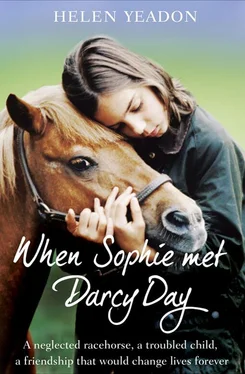
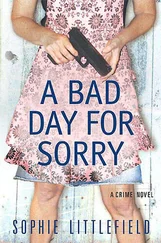
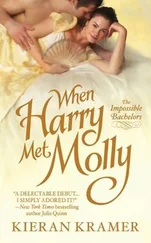
![Джулиан Ассанж - Google не то, чем кажется [отрывок из книги «When Google Met WikiLeaks»]](/books/405461/dzhulian-assanzh-google-ne-to-chem-kazhetsya-otryvok-thumb.webp)


